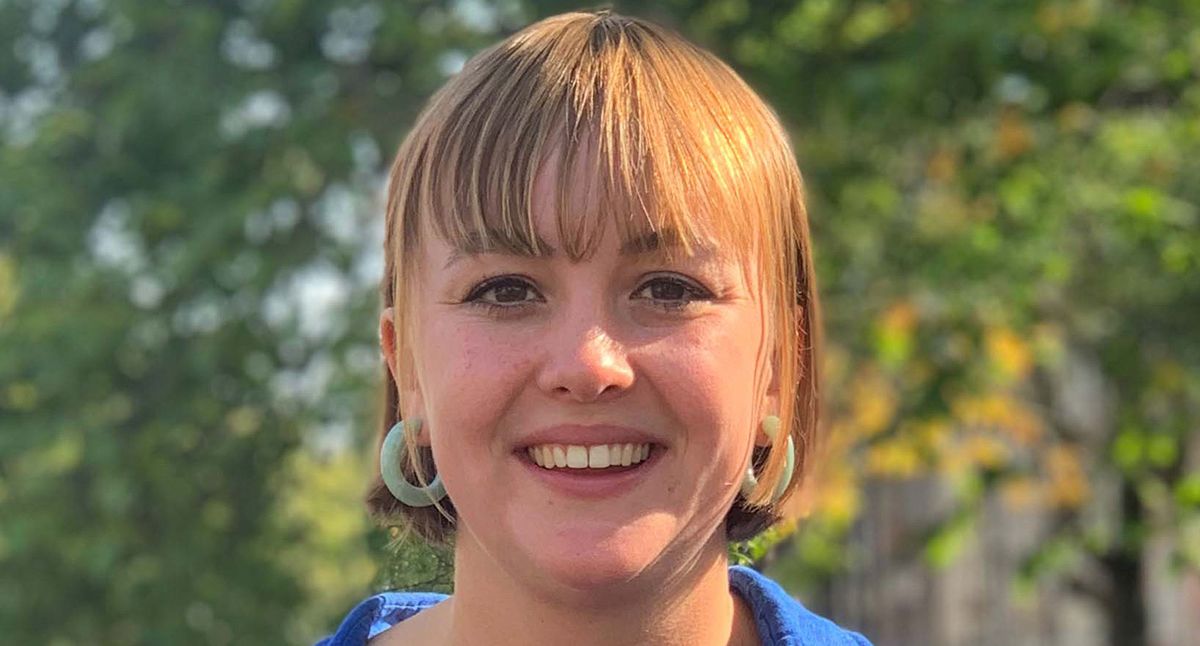From 'Dry January' to a non-alcoholic beer in the sun
The alcohol break increasingly stretches far beyond January.
2024 is well and wide underway and slowly but surely the crowds are moving from the gyms to the couch. The time of good intentions seems to be over, but where January has closed, the associated alcohol break continues for many. The so-called 'Dry January' became a 'Dry February', before slowly flowing into a 'Dry March'. With the terrace season just around the corner, we wonder exactly how big the trend of alcohol breaks is and most importantly; what is behind it?
Recent research by Motivaction shows that for 4 out of 10 Dutch people, the year starts with good intentions. Resolutions that can cover a variety of topics, but which in most cases (64%) focus on physical health. Within the group of people with good intentions on physical health, three quarters express this intention in terms of getting more exercise. With the same goal in mind, 11% say they want to cut down or stop drinking alcohol. At 16%, men are significantly more enthusiastic about this than women (8%).
Motivational campaigns
Despite the popularity of resolutions relating to physical health, these turn out to be the most difficult to keep. For instance, we see that 79% of Dutch people with the resolution to exercise more fail to do so. In the case of alcohol breaks, this percentage is a lot lower at 20%, where people are encouraged by the well-known 'Dry January' and 'I pass' campaigns. For several years, these campaigns have managed to enthuse many thousands of Dutch people to take an alcohol break. This enthusiasm does not go unnoticed; for instance, supermarkets and liquor stores saw a significant 18% decrease in alcohol products sold in January.
Not only is taking a drinking break enjoying popularity, the length of these alcohol-free periods is also increasing. Besides an alcohol-free January, other 'I pass' initiatives such as '40 days without a drop' (February and March) and 'Fresh into Spring' (March), support people in sustaining their alcohol-free period. That these initiatives are connecting is evident from data from CBS. This data tells us that almost half of adult drinkers sometimes take an alchohol break longer than one month. Women are more likely than men to leave their drink for a longer period, and 18- to 45-year-olds do so more often than those aged 65 and over (56 versus 39%). Men aged 65 or over are the least likely to do this at 32%.
While opening the first alcohol-free beer or pouring a coke in January, an alcohol-free period of several months may still seem far from your mind. This feeling is partly unjustified, where research from Tilburg University shows that people who participate in an alcohol break and stick with it drink less alcohol after their participation. Their figures show that six months after an alcohol-free month, people drink less and also drink less often. Persevering with a complete alcohol break is therefore also easier.
Taking a critical look at your own alcohol consumption
The (temporary) reduction of alcohol consumption does not come out of the blue. People are taking an increasingly critical look at their alcohol consumption. In 2022, 1 in 10 adults said they would like to drink less alcohol, a figure largely consisting of people who drink relatively more. For example, 36% of adults who drink more than 13 glasses of alcohol per week said they would like to bring this figure down. The critical view of alcohol is related to the changing perception of the (un)health of alcohol. Whereas in 2020, 2 in 10 over-18s think drinking more than one glass of alcohol is (very) harmful, 27% of Dutch people associate drinking alcohol with an unhealthy habit in 2023. In particular, drinking one or more glasses of alcohol daily is perceived as harmful by a large group (55%).
Health is not the only driver for people to abandon an alcoholic drink. While 13% say they leave alcohol to feel fitter, 62% of those taking an alcohol break say they have no specific reason to stop drinking. A small group (7%) want to become aware of their own alcohol consumption, and a similar percentage indicate they have a health problem that prevents them from drinking or wants to. Reasons such as permanently trying to cut down, setting a good example to children, for example, and pregnancy are each given by less than 5%.
'Braderisation'
What makes quitting alcohol so complicated? First of all; taste. According to CBS figures, three quarters of adults who drink alcohol drink it because they like it. Conviviality is also a frequently cited reason: 10% drink alcohol because it makes them loosen up at parties. We also see a striking movement in society that seems to be at odds with the increase in alcohol breaks described above; the 'braderisation' of society. This phenomenon, described by Rob Bovens of Tilburg University, describes the increasing role of alchohol at almost all festive occasions. For instance, an average wedding would lead to as many as 14 drinking occasions. People become aware of this when they don't drink for 30 days. Only then do you notice how many moments there are when you would normally have been drinking.
We are preparing for a summer full of alcohol-free drinks in the sun. Are you interested in the emerging trend of alcohol-free periods? Would you like to get more insight into how this shift in consumer behaviour is developing and what the potential implications are for your sector? Then contact us now for more information and find out how market research can help you understand and capitalise on this growing movement.



















